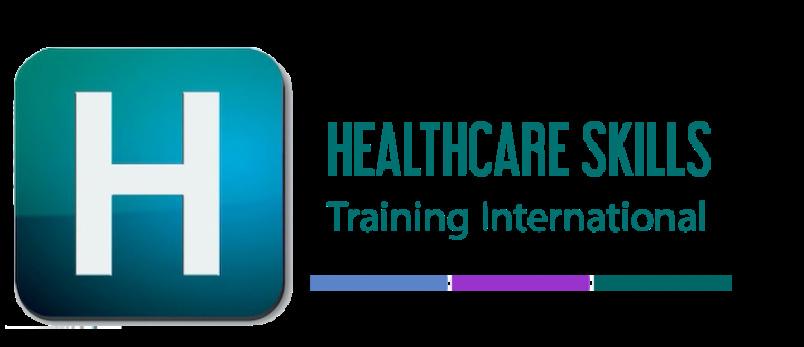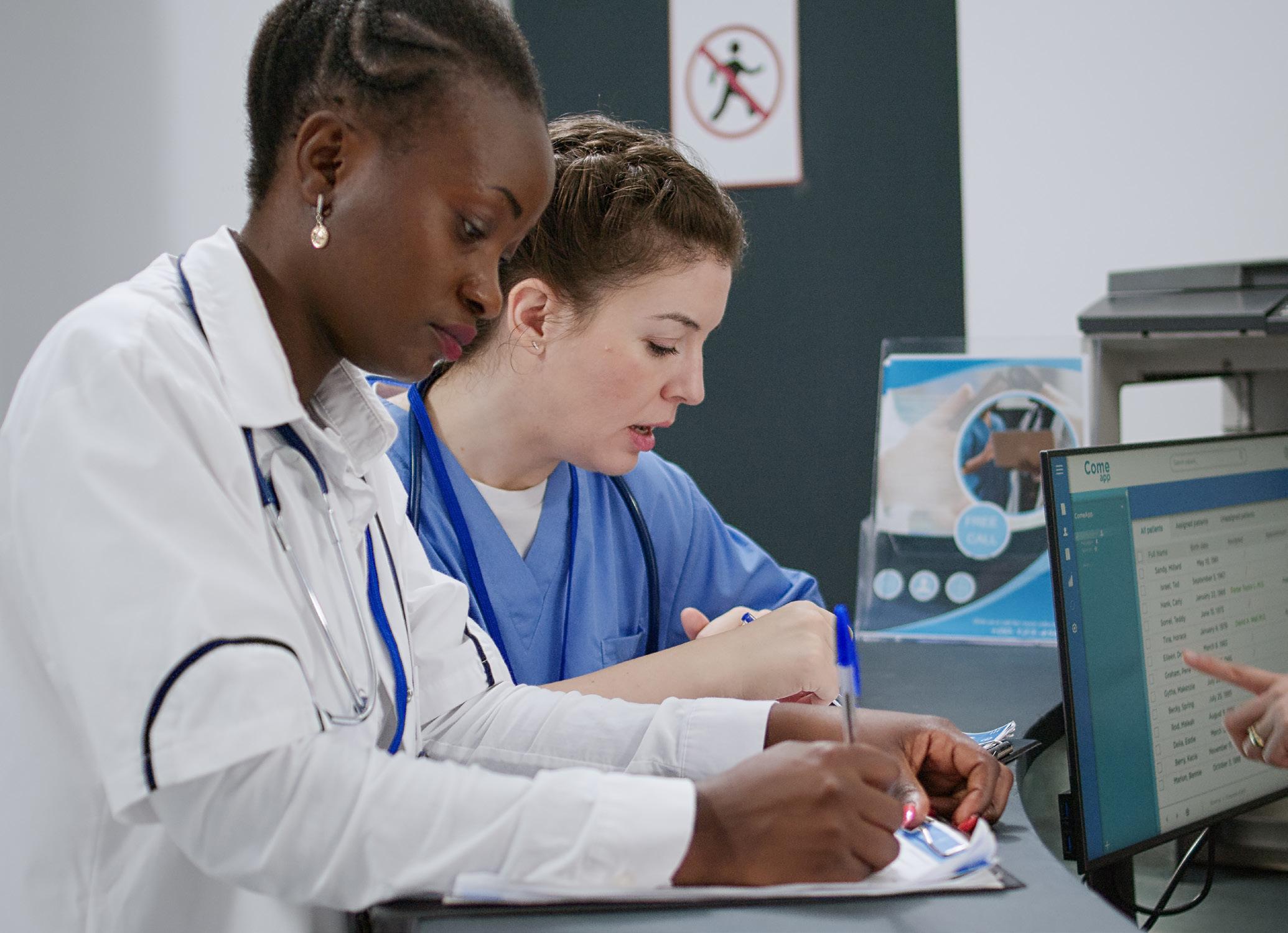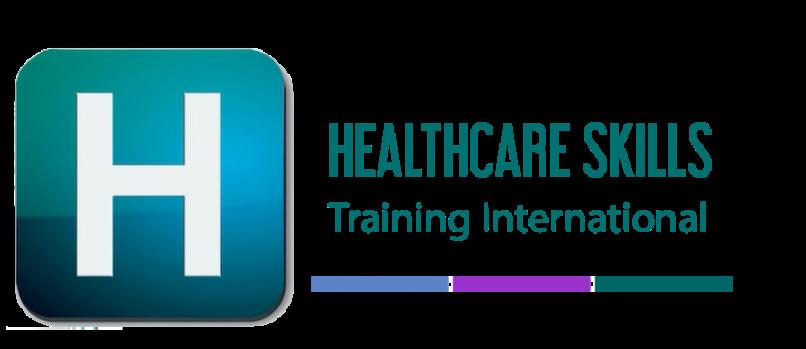QUALIFICATIONS

Recognition,
Definitions and Levels 2023



Recognition,
Definitions and Levels 2023


In the United Kingdom, there are four government-sponsored qualifications regulators
•Council for the Curriculum, Examinations and Assessment (CCEA)
•Office of Qualifications and Examinations Regulation (Ofqual)
•Qualifications Wales (QW)
•SQA-Accreditation (SQA)
EduQual is recognised as an awarding body by SQA-Accreditation - you can find us on the SQAAccreditation list of approved awarding bodies.
The Scottish Credit and Qualifications Framework (SCQF) is a pa tnership whose members include the Quality Assurance Agency for Higher Education, College Development Network, SQA and Universities Scotland. Many EduQual qualifications are credit-rated for the CQF and are listed on the SCQF Qualifications Database
The Quality Assurance Agency for Higher Education (QAA) work across all four nations of the United Kingdom to protect the standards and improve the quality of higher education. The QAA have produced a guide to comparing qualifications across the UK and Europe, includin the Ofqual Regulated Qualifications Framework (RQF) and the Scottish Credit and Qual fications Framework (SCQF
EduQual qualifications are recognised by universities, professi nal membership bodies and many other stakeholders in the UK and beyond.

Holders of EduQual qualifications can ‘top-up‘ to degrees at Fi st and Master‘s degree level (SCQF Level 11/RQF Level 7) awarded by many British and international universities, including, but not limited to:
•Anglia Ruskin University
•Bath Spa University
•Binary University of Business and Entrepreneurship (Malaysia)
•University of Bedfordshire
•University of Chester
•University of Dundee
•University of East London
• Edinburgh Napier University
•London Metropolitan University
•Newman University
•University of Northampton
•University of South Wales
Holders of EduQual qualifications can also obtain exemptions from professional membership bodies
EduQual qualifications are based on the EduQual Qualification Framework (EdQF), which consists of Awards, Certificates and Diplomas and which follows guidance set by Ofqual, the regulator for qualification in England.
The title within a qualification (eg ‘Award‘) is not an indication of its level, but of the Total Qualification Time (TQT), in learning hours, required to pursue and achieve a specific qualification.
Award TQT is <120 hours
Certificate TQT is 121 to 369 hour
Diploma TQT is >370 hours
The level of a qualification identifies the demand made on the student for knowledge skills an understanding. GCE A Level/Scottish Highers are at RQF level 3/SCQF Level 6 whilst postgraduate work is at Master‘s Degree Level RQF Level 7/SCQF Level 11. The table below shows the correspondence of levels established between national qualifications frameworks and the European Qualifications Framework (EQF)
Scottish Credit and Qualification Framework (SCQF)
Achievement at level 7 reflects the ability t reformulate and use relevant understanding, methodologies and approaches to address problematic situations that involve many interacting factors. It includes taking responsibility for planning and developing courses of action that initiate or underpin substantial change or development, as well as exercising broad autonomy and judgment. It also reflects an understandin of relevant theoretical and methodological perspectives, and how they affect their area of study or work.
Achievement at level 6 reflect the abilit to refine and use relevant understanding methods and skills to address complex problems that have limited definition. I includes taking responsibility for planning and developing courses of action that are able to underpin substantial change or development as well as exercising broad autonomy and judgement. It also reflect an understanding of different perspectives, approaches or schools of thought and the theories that underpin them.
Achievement at level 5 reflects the abilit to identify and use relevant understanding, methods and skills to address broadlydefined, complex problems. It include taking responsibility for planning and developing courses of action as well as exercising autonomy and judgment within broad parameters. It also reflect understanding of different perspectives, approaches or schools of thought and the reasoning behind them.
Achievement at level 4 reflects the abilit to identify and use relevant understanding, methods and skills to address problems that are well defined but complex an non-routine. It includes taking responsibility for overall courses of action as well as exercising autonomy and judgment within fairly broad parameters. It also reflect understanding of different perspectives or approaches within an area of study or work.
Achievement at level 3 reflects that abilit to identify and use relevant understanding, methods and skills to complete tasks and address problems that, while well defined, have a measure of complexit. It includes taking responsibility for initiating and completing tasks and procedures as well as exercising autonomy and judgment within limited parameters. It also reflect awareness of different perspectives or approaches within an area of study or work.
Achievement at level 2 reflects the ability t select and use relevant knowledge ideas, skills and procedures to complete welldefined tasks and address straightforwar problems. It includes taking responsibility for completing tasks and procedures and exercising autonomy and judgment subject to overall direction or guidance.
Achievement at level 1 reflects the abilit to use relevant knowledge, skills and procedures to complete routine tasks. It includes responsibility for completing tasks and procedures subject to direction or guidance.
Achievement at Entry level reflects progres towards making use of skills, knowledge and understanding (i) that relate to the immediate environment, or (ii) to carry out simple familiar tasks and activities with guidance, or (iii) to carry out structured tasks and activities with guidance.
eg Healthcare Skills Training International Postgraduate Diplomas are Level 7 Qualifications. These meet the QAA (Qualifications Assurance Agency) for higher education equivalences of:
INTELLECTUAL
ATTRIBUTES
7 Display mastery of complex and specialised Conduct research, or advanced Accept accountability in area of knowledge and skills. technical or professional activity, related decision-making using and modifying advanced including use of supervision. Demonstrate expertise in highly skills and tools. specialised and advanced technical Take significant professional and/or research skills. Design and apply appropriate responsibility for the work of research methodologies. other professional staff, lead Communicate results of research and initiate activity. to peers.
Develope new skills to a high level, including novel and emerging techniques. Act in a wide variety of unpredictable and advanced professional contexts.
A systematic understanding of knowledge, and a critical awareness of current problems and/or new insights, much of which is at, or informed by, the forefront of their academic discipline, field of study or area of professional practice.
• A comprehensive understanding of techniques applicable to their own research or advanced scholarship
• Originality in the application of knowledge, together with a practical understanding of how established techniques of research and enquiry are used to create and interpret knowledge in the discipline
• To evaluate critically current research and advanced scholarship in the discipline
• To evaluate methodologies and develop critiques of them and, where appropriate, to propose new hypotheses
• Deal with complex issues both systematically and creatively, make sound judgments in the absence of complete data, and communicate their conclusions clearly to specialist and non-specialist audiences
• Demonstrate self-direction and originality in tackling and solving problems, and act autonomously in planning and implementing tasks at a professional or equivalent level
• Continue to advance their knowledge and understanding, and to develop new skills to a high level
It is a pre-course requirement that delegates must be a qualified clinician or have held a senior role in medical device or pharma industry for five years. This course is a vocational qualification, enabling the delegates to improve their ability to present, instruct, and demonstrate clinical/technical skills to others.
West of Scotland Science Park
Kelvin Campus
Block 7, Unit 2 2317 Maryhill Road
Glasgow G20 0SP
T: +44(0) 141 946 6482
E: office@healthcareskills.com

www.healthcareskills.com
